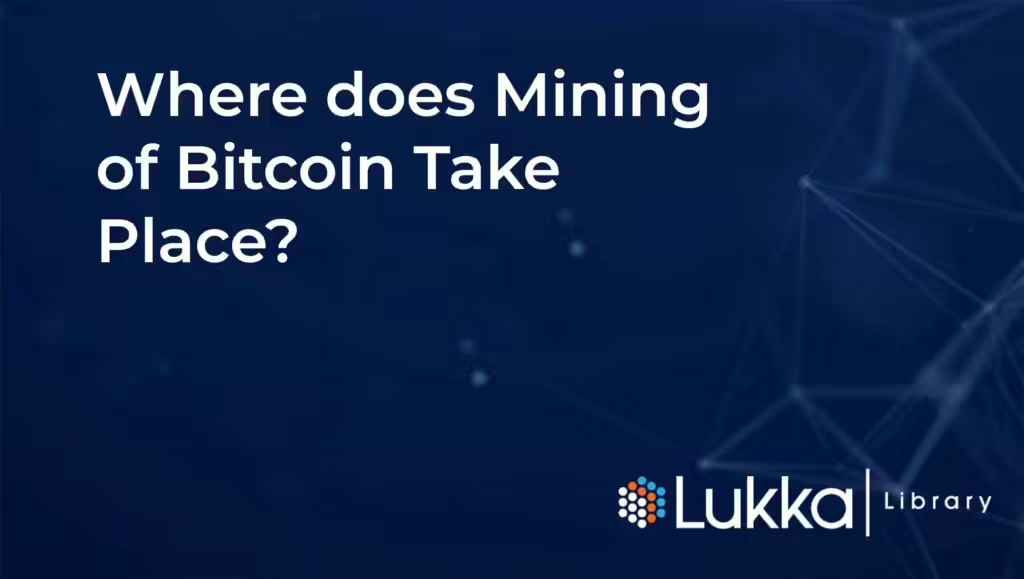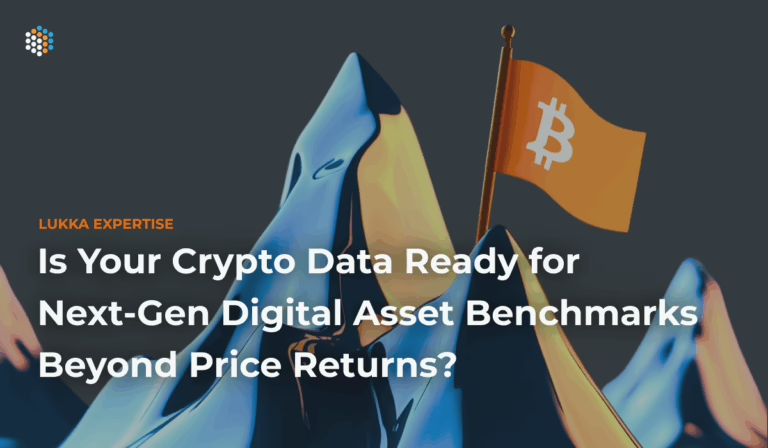Author: David J. Shakow, Professor Emeritus, University of Pennsylvania School of Law.1
The discussion in this document reflect legal principles as of January 20, 2020.
If someone is engaged in mining bitcoins, for example, where does that activity take place? The answer to that question has serious ramifications. It will affect whether the activity is deemed to be engaged within the United States, and therefore subject to US taxation if it generates income for a foreigner. And if it is engaged within the United States, it is important to know the location of the activity for purposes of state tax jurisdiction, even if the taxpayer is a United States taxpayer.
Determining the location of an electronic-based activity is a focus of substantial analysis within the international tax community. No matter what test is proposed, the ease of moving electronic-based activity from one place to another makes it extremely difficult to impose tax on such activities. The issue is sufficiently serious that many nations, including the U.S., have been working for the past few years, under the auspices of the Organization for Economic Cooperation and Development (OECD), in an attempt to solve this problem (the “BEPS” project).
There is as yet no guidance from the IRS that would resolve this issue. What factors might be taken into account to determine the location of a mining activity? The IRS could look to the location of the computers that are running the programs for the miners. It could look to the location of the persons who are running the mining operation. It could look to the location of the persons who have committed their computing resources to the mining operation, which is not necessarily the same location as where the computers themselves are located.
IRS Current Stance on Mining Protocols
The IRS’s choices may be slightly more limited in the context of a cryptocurrency that operates under a proof of stake protocol. In that structure, there is only one person actively engaged in confirming transactions, and so only one person’s computers could be looked to.
The IRS has only recently begun to suggest what direction it might follow in resolving issues such as these. In proposed regulations relating to the characterization of cloud computing activities, the IRS concluded that where software is sold by download, the preferred factor in determining where the sale takes place is to identify the location where the software was downloaded. If that cannot be identified, the address of the purchaser could be used. It should be appreciated how simplifying this result is: once the program is downloaded, there is no reason to think that it will be used in that location. In addition, the buyer may have substantial discretion in deciding where to download the program.
It is not easy to extract a clear direction that the IRS might be taking from this small bit of evidence. One can speculate that the IRS is looking for the clearest possible answer to questions in this area. Thus, when it comes to cloud computing, the IRS did not suggest that the income should be attributed to the location of the computers involved in the activity, since, in the cloud computing context, the computers used can vary from one moment to the next.
However, in the blockchain context, no standard is particularly easy to apply. Someone selling through the cloud will want to identify its buyer for billing purposes. However, in the mining context on a blockchain, the actual identity of the parties involved may well be hidden. If we are looking for a simple test in order to identify the location of a mining operation, we might well look to the location of the person operating the mining operation. While this information might be made available to the participants in the operation, confirming the information is not easy. In the somewhat informal manner in which these arrangements are sometimes conducted, this lack of assurance may be normative, although it also makes it easier for fraud to occur.
There is no assurance that the IRS will follow the approach suggested above in determining the location of a mining operation. Note that, in the situation to which the IRS’s proposed regulation dealing with cloud transactions applies, the seller wants to identify the location of its buyer to be sure it is paid. Here it is the participants who are trying to identify the location of the person running the activity, and they are doing so only for tax purposes.
As mentioned above, national governments are working with the OECD to reach a consensus on how to locate income generated in cyberspace. It is certainly possible that a broader solution will be developed that will result in clarifying how to deal with issues such as the location of mining activities. Until the solution is forthcoming, practitioners will have to satisfy themselves that they have used due diligence to determine a reasonable answer to the question of where the activity is located for tax purposes.
1 The statements in this paper represent the views of the author only and should not be attributed to the University of Pennsylvania School of Law. Further, this document should not be treated as legal advice to any reader or to Lukka.



